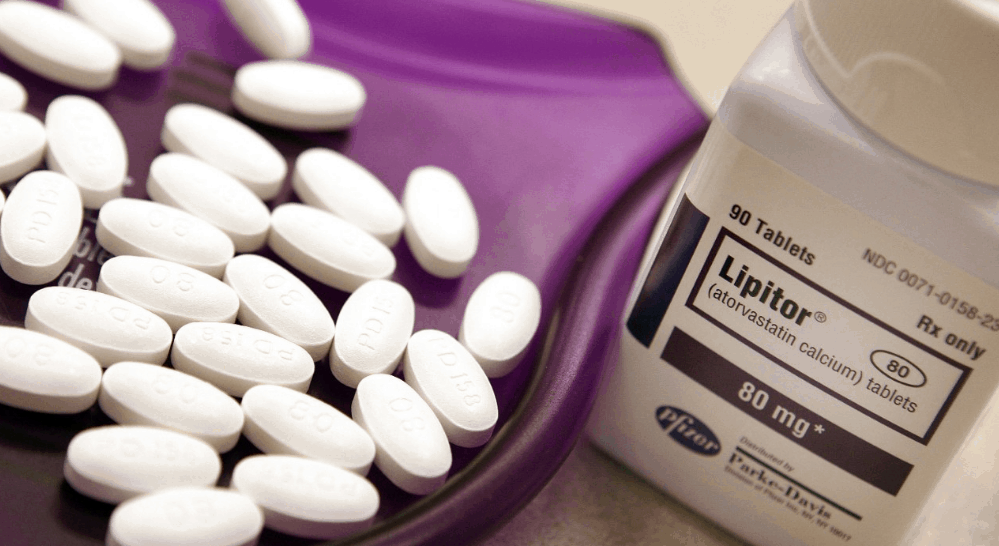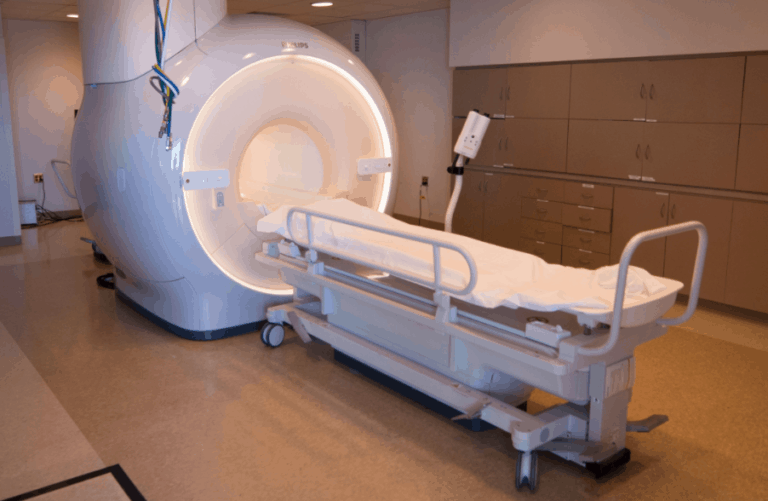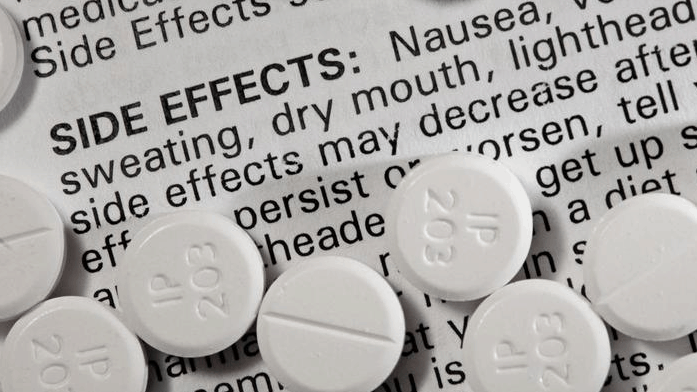It’s possible that having high cholesterol could turn into a health benefit, according to the results of a 14-year study of nearly one million patients. The authors of the Aston University in Birmingham, UK, study reported that a diagnosis of high cholesterol was associated with a lower risk of dying of prostate cancer, as well as lung, breast, and bowel cancers, and the reason may be the use of cholesterol-lowering drugs called statins.
What impact do statins have on cancer?
In previous research, scientists uncovered an association between high cholesterol and the development of breast cancer. According to Dr. Paul Carter, the lead author of the new Aston University study, “if high cholesterol can cause cancer, then cholesterol lowering interventions such as statins could reduce this risk.”
That idea was examined in 929,552 patients who were part of the ACALM (Algorithm for Comorbidities, Associations, Length of stay and Mortality) clinical database. These participants had either lung, breast, prostate, or bowel cancer. After the researchers adjusted for factors that affect dying, such as age, gender, ethnicity, and the top ten causes of death in the United Kingdom, they discovered that the cancer patients who had high cholesterol were less likely to die than those without high cholesterol. More specifically, those with high cholesterol had a:
- 22% lower risk of dying if they had lung cancer
- 30% lower risk if they had bowel cancer
- 43% lower risk if they had breast cancer
- 47% lower risk if they had prostate cancer
Dr. Carter explained that “there’s something about having a high cholesterol diagnosis that improves survival….[and] based on previous research we think there’s a very strong possibility that statins are producing this effect.” Another author of the study, Dr. Rahul Potluri, noted there are other cardiovascular drugs frequently used by patients with high cholesterol and that they, too, may provide some protection against cancer mortality. “For example, prostate cancer is associated with heart disease and these patients tend to take ACE inhibitors and beta-blockers.”
The findings of this study lend some support to the argument that statins and other cardiovascular drugs may help protect against mortality among cancer patients and that a clinical trial is needed to help establish this possibility.
In the meantime, Potluri believes cancer patients at high risk of cardiovascular disease should be prescribed statins according to current guidelines. Although he doesn’t believe statins should be given for cancer at the moment, “this could change if there was a positive result in the clinical trial.”
What is the negative side of statins?
Although some experts are enthusiastic about statin use, others point out the negative findings, side effects, and complications associated with taking these drugs, which include atorvastatin (Lipitor), fluvastatin (Lescol), lovastatin (Altoprev, Mevacor), pitavastatin (Livalo), pravastatin (Pravachol), rosuvastatin (Crestor), and simvastatin (Zocor). One example is a 2011 study published in Prostate in which the incidence of prostate cancer was evaluated among 388 men with the disease and 1,552 controls. An analysis of the participants showed a significant increase in the risk of prostate cancer among men who had used statins when compared with men who had never used the drugs.
Statins also are associated with significant, serious side effects and complications. In fact, the Food and Drug Administration has issued several warnings about statin use, including:
- Memory loss, confusion, forgetfulness, and other cognitive impairment has been reported to be associated with statin use in some individuals
- Statins may increase the risk of high blood sugar and the development of type 2 diabetes
- Some medications interact with lovastatin and can increase a person’s risk of experiencing muscle damage
In addition, the most common side effects associated with statin use include abdominal pain or cramping, bloating or gas, constipation, diarrhea, drowsiness, dizziness, flushing of the skin, headache, muscle aches and weakness, nausea or vomiting, rash, and sleep difficulties. Muscle pain can affect up to 29 percent of statin users, and many people stop taking the drugs because of it. Individuals most at risk for experiencing side effects from statins include anyone age 65 and older, drinking excess alcohol, the presence of liver or kidney disease, and taking several medications to lower cholesterol.







